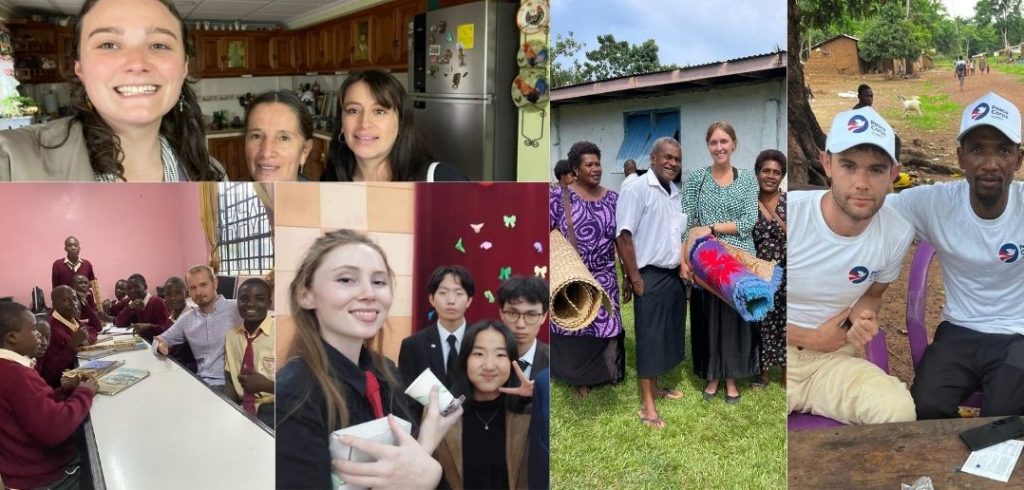
- This event has passed.
Religious Freedom, Greece and the EU: A Conversation with Effie Fokas
Monday, November 16, 2020, 4 – 5 p.m.
The Orthodox Christian Studies Center at Fordham University is delighted to present the 10th episode of its webinar series highlighting the scholarly insights and academic careers of female scholars whose research and writing explores some facet of the history, thought, or culture of Orthodox Christianity. The broadcast will be livestreamed and open to all who have pre-registered. The event will include some time for live audience questions. For those who miss the live event, the Center will archive each episode on its website and YouTube channel.
This episode features an interview with Effie Fokas, a senior research fellow at the Hellenic Foundation for European and Foreign Policy (ELIAMEP) and a research associate of the London School of Economics Hellenic Observatory. Her background is in political science, but in the last two decades her research and writing have concentrated on religion in general—and often Orthodoxy in specific—in interplay with a number of different fields and themes, including politics, law, human rights, nationalism, and European identity. She was principal investigator of the European Research Council-funded project on the grassroots impact of European Court of Human Rights religious freedoms case law (Grassrootsmobilise), based at ELIAMEP. Also at ELIAMEP, she completed a research project titled “Pluralism and Religious Freedom in Majority Orthodox Contexts in Europe” (PLUREL).
Her publications include Islam in Europe: Diversity, Identity, and Influence, co-edited with Aziz Al-Azmeh; Religious America, Secular Europe?, co-authored with Peter Berger and Grace Davie; The European Court of Human Rights and Minority Religions, co-edited with James T. Richardson; and she hopes to contribute to the rich body of literature on Orthodoxy and human rights with an empirically based account of similarities and differences across minority and majority Orthodox contexts.



